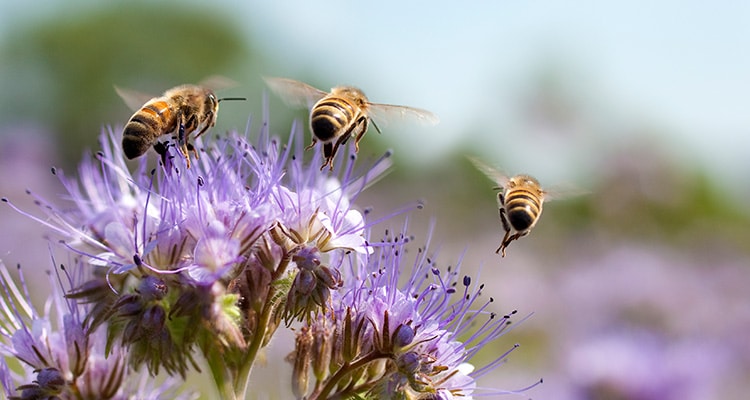
An innovative monitoring scheme could provide a better understanding of the factors that impact on the size and health of honeybee populations, and on honey yields.
As part of its new National Honey Monitoring Scheme, the Centre for Ecology & Hydrology (CEH) is asking amateur and professional beekeepers to send in honey samples on a regular basis for comprehensive analysis using advanced techniques, including DNA barcoding and mass spectrometry.
Using these techniques, the scientists will identify the types of pollen and pesticide residues present in the honey samples, as well as some of the diseases that bees are exposed to.
Beekeepers in the UK have seen several poor seasons in a row for honey production. Weather is a decisive factor in honey production but urban development, agricultural impacts, including the widespread loss of wild flowers and pesticide use, plus climate change and an increase in disease are believed to impact negatively on both wild and managed bees and their productivity.
